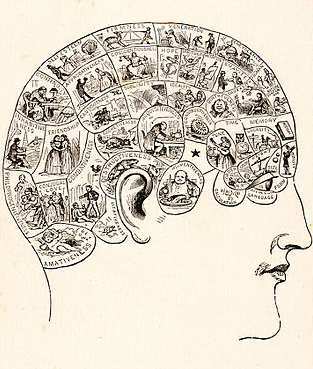What is science and what is not? Current panorama of the problem of scientific demarcation
Abstract
Science is a practice that allows the production of epistemically guaranteed knowledge about topics of interest to human beings. However, there has yet to be a consensus about the criteria to determine what is science and what is not. Therefore, this manuscript aims to a) explore the essential current proposals for scientific demarcation (SC) and b) explain the characteristics of scientific knowledge and those of pseudoscience. The most relevant monocriteria and multicriteria CD proposals during the twentieth century, by Popper, Lakatos, Hempel, Kuhn and Bunge, are described. Scientific knowledge is characterized according to the contributions of Bunge and the contributions of Bunge and Lilienfeld to recognize pseudoscience and differentiate it from science. It is concluded that, although the CD proposals are valuable, it is also necessary to know the characteristics of scientific knowledge and those of pseudoscience to have more tools for their recognition. The differentiation between science and pseudoscience is a matter of degrees rather than types.
Downloads


